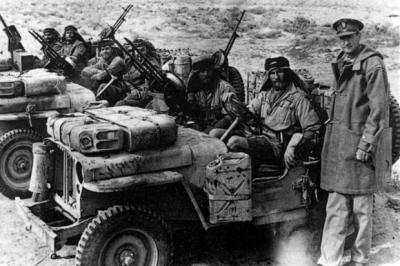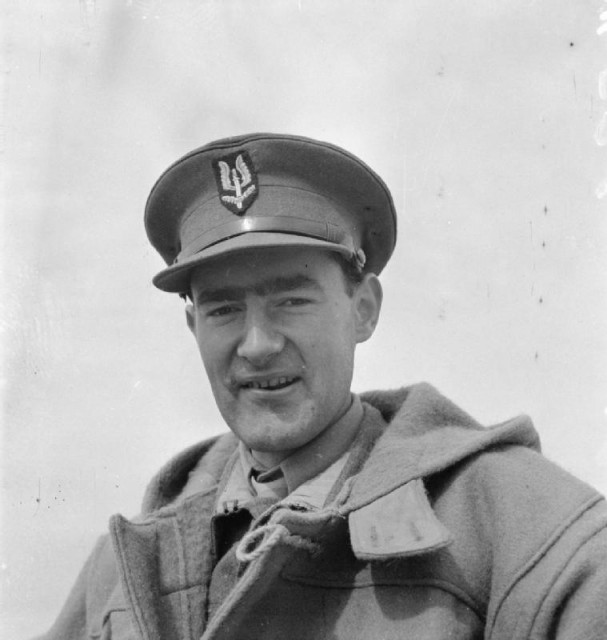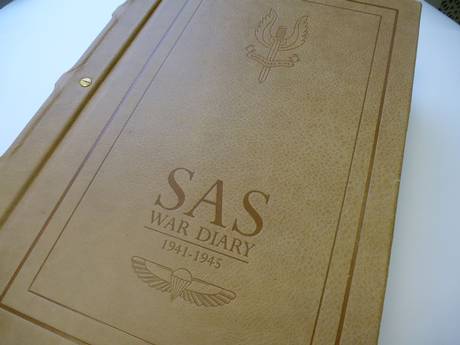A Special Air Service (SAS) war diary from World War Two has been published in a limited edition of 1000 copies and is available for sale in the UK.

The war diary has been compiled from daily records, plans, top secret documents, photographsand diary entries from SAS founder, David Stirling. The limited edition is 600 pages long and costs £975.
The diary has been compiled and put on sale in the hope that it will raise money for soldiers in the British special service forces who have been severely wounded, are veterans, or for the families of the bereaved.
Some of the diary’s contents and stories have never been seen or heard before now.
One of the first-hand reports tells of the SAS’s first missions at the end of 1941. It was a disaster as only around a third of the 65 soldiers who left on the mission returned. It was calledOperation Number One and they were tasked with destroying numerous squadrons of German and Italian aircraft at two air bases in Libya. The instructions told the soldiers that it was vital that the enemy should not be aware of their arrival or presence.

Unfortunately bad weather conditions meant that one of their planes was shot down, killing everyone on board, and for others who were parachuted in they failed to find their weapons and explosives which had been air dropped separately.
Another daring mission the SAS was tasked with was to attack and either kill or kidnap GermanField Marshal Erwin Rommel not long after D-Day in 1944. It was a highly top secret mission and would either be death or glory for the SAS troops. The Allies believed that if they were able to capture Rommel alive would be excellent propaganda value against the Nazis, and would hopefully relieve the local French people of German attack.
The operation instructions outline that the attack should take place at a French chateau where Rommel was thought to be staying and that two way communication during the attack should be done via pigeon.

Rommel was never captured by the SAS, since the operation was cancelled just hours before the SAS team had been parachuted in to a location near to the French chateau.
But Rommel did have to return to Germany after his car was hit in an attack by the Royal Air Force in occupied France. Rommel eventually killed himself after he was incriminated in an assassination attempt on Hitler’s life.
The SAS began as a commando force that was highly trained in operating behind enemy lines. It was David Stirling who conceived the idea of using small, elite tactical units in North Africa in order to overcome Nazi advance. It worked and allowed the Allied to progress towards southern Europe. The tactic was revolutionary in the military and is still used today to infiltrate enemy territory, the Mail Online reports.
The SAS played a vital role in gathering intelligence from behind enemy lines and contributed to the success of the D-Day invasions. After the war the SAS was disbanded, but reinstated just two years later as the expertise of the SAS was called for in further military operations. It was one member of the original SAS who kept all the documents and diary entries he could. He then handed them over to the SAS Regimental Association just before he died in the 1990s, which has made the book possible.